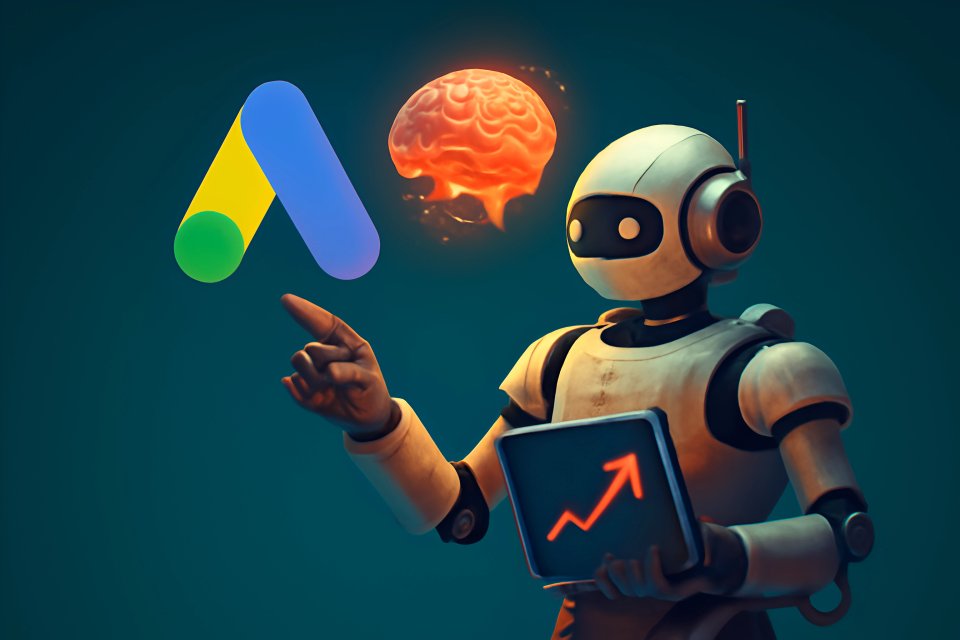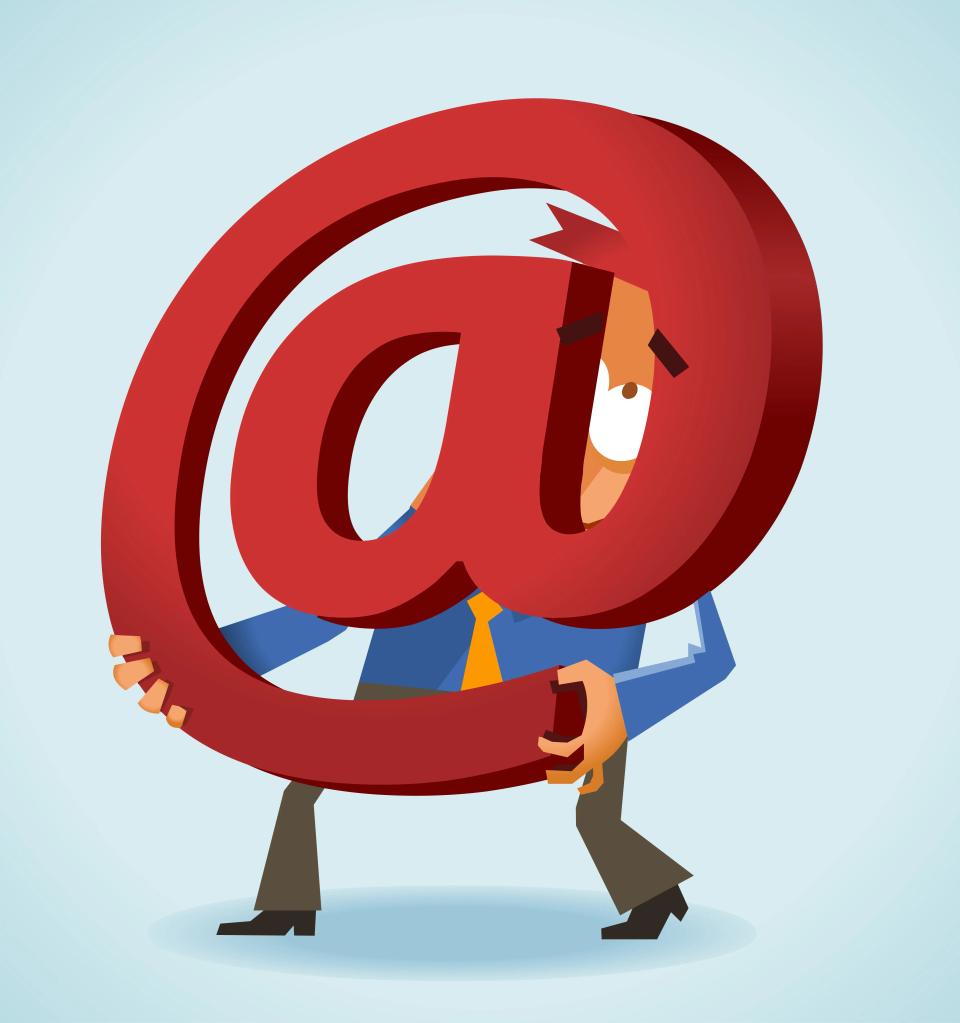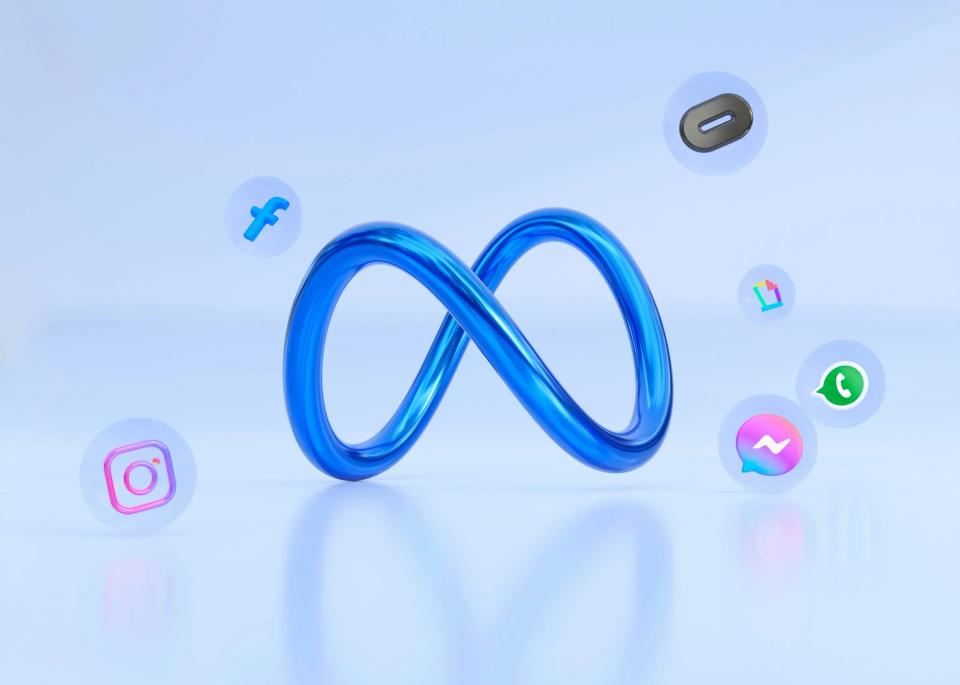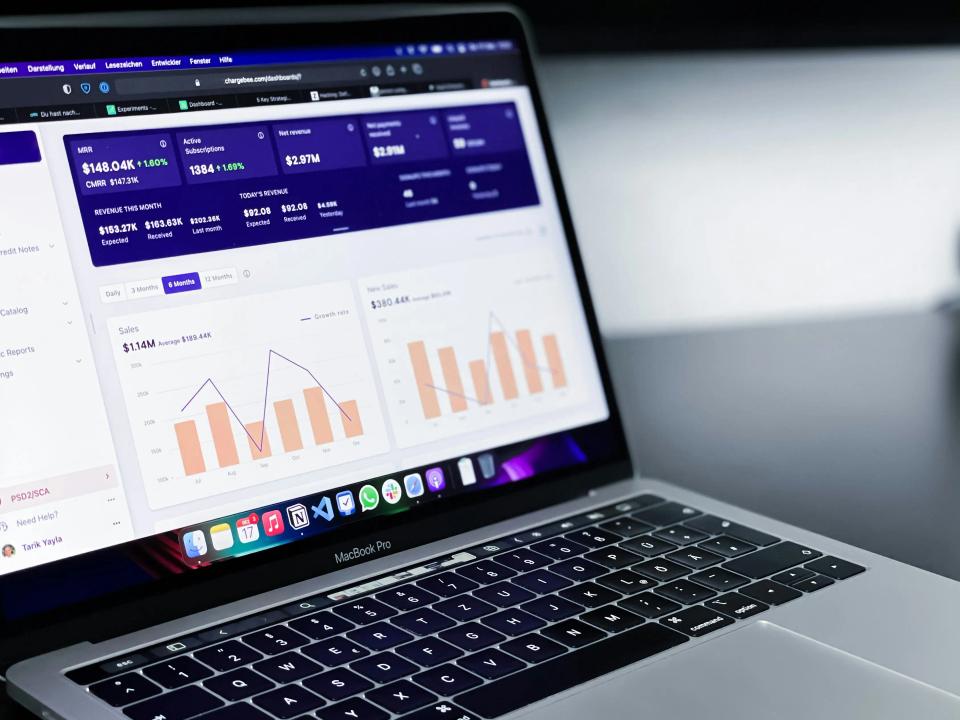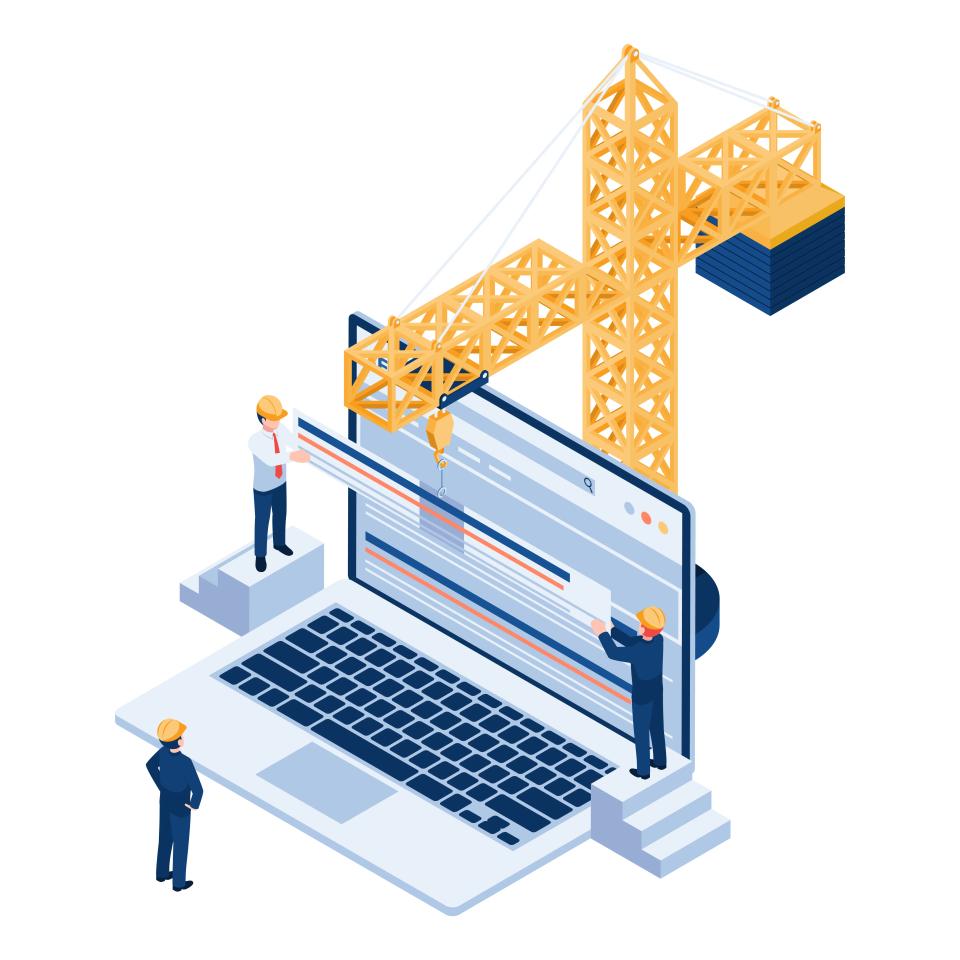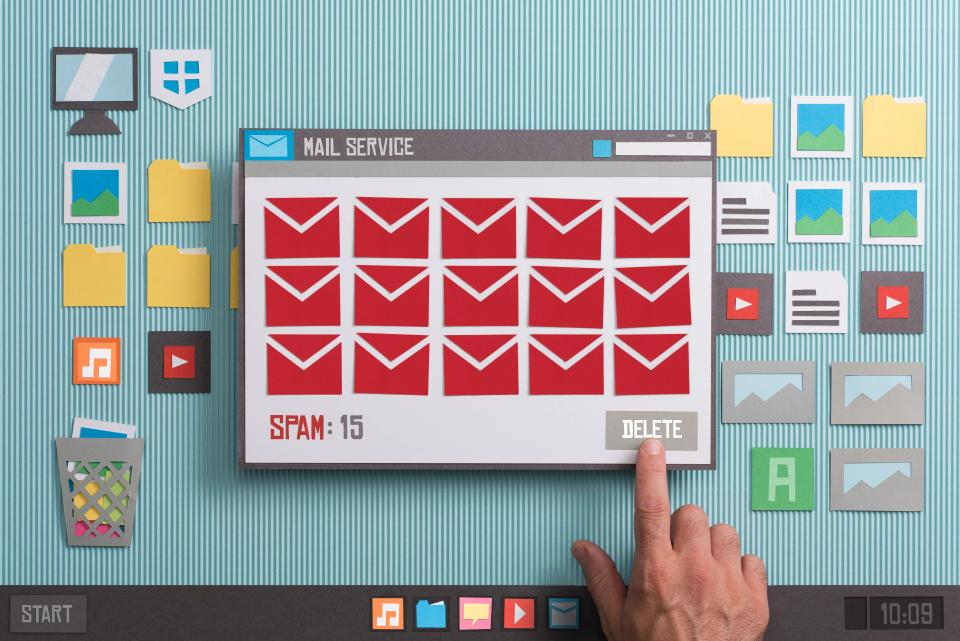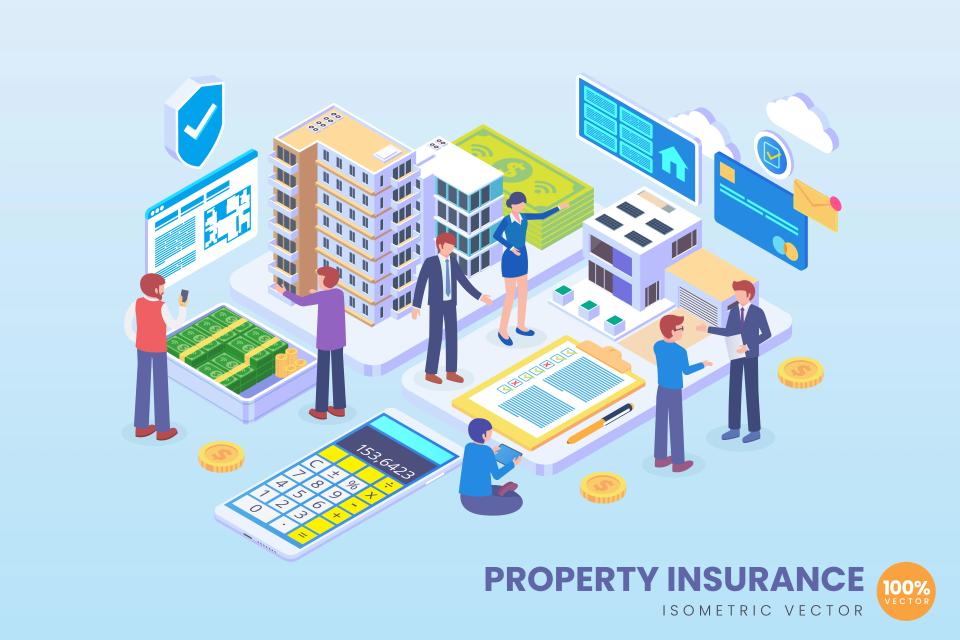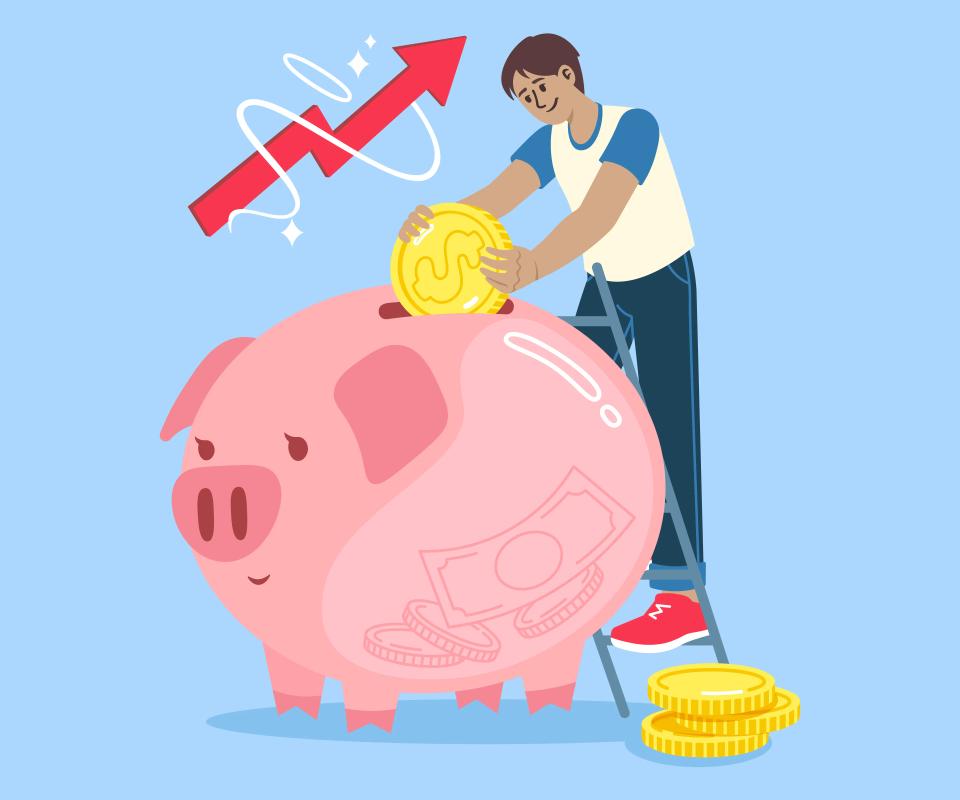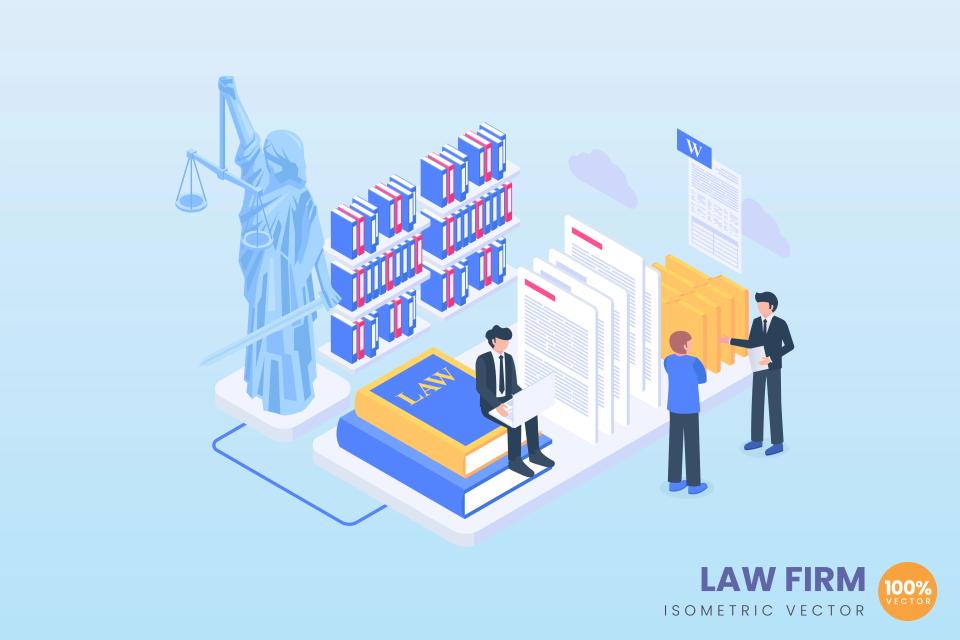Let's be honest. Are you drowning in a sea of metrics, struggling to keep pace with Google's ever-shifting algorithm? You spend hours, days, and weeks tweaking bids, testing ad copy, and analyzing performance reports, only to feel like you're constantly one step behind. The cold, hard truth is that the manual approach to Google Ads management is a losing battle, leaving you exhausted and your ROI stagnant.
But what if you could deploy a tireless, data-devouring assistant that works 24/7 to optimize your campaigns with superhuman precision? This isn't a far-off fantasy; it's the reality of AI in PPC management. Artificial intelligence is no longer a buzzword for the future—it's the essential competitive advantage for marketers today, turning overwhelming complexity into unprecedented opportunity and profit.
This guide is your roadmap. We're going to cut through the noise and show you exactly how to integrate AI into your Google Ads strategy. You'll learn the best practices to drive superior results, reclaim your valuable time, and make the kind of smart, data-backed decisions that leave your competitors in the dust.
What Exactly is AI Automation in Google Ads?
At its core, AI automation in Google Ads is about using powerful machine learning algorithms to handle tasks that were once painstakingly manual. Think of it as delegating the heavy lifting of data analysis and repetitive adjustments to a system that can process millions of signals in the blink of an eye. This allows you to focus on what truly matters: strategy, creativity, and business growth.
There are two primary forms of AI you'll encounter on this new frontier. First is Google's Native AI, the powerful tools built directly into the platform you use every day. This includes game-changers like Smart Bidding, Performance Max campaigns, and Responsive Search Ads, all designed to optimize performance based on your specific goals, as detailed in Google's official resources.
Beyond Google's own ecosystem, you have a world of Third-Party AI Platforms. These are specialized tools that plug into your accounts to provide an extra layer of intelligence and control. Platforms like Optmyzr offer advanced optimization scripts, custom automation rules, and sophisticated reporting that can supplement and enhance Google's native capabilities, giving you even more power to refine your campaigns.
The "Why": 4 Game-Changing Benefits of AI in Your Google Ads Campaigns
Why should you fundamentally change the way you manage your campaigns? Because the rewards aren't just incremental improvements; they are transformative leaps forward that secure your market position and financial success. The benefits of a well-executed AI strategy are too significant to ignore.
First and foremost, you'll achieve Enhanced Performance & Superior ROI. A human marketer, no matter how skilled, cannot possibly analyze thousands of real-time signals—like device, location, time of day, and user intent—to make the perfect bid adjustment every single time. AI can. This leads to better ad placements, lower costs per conversion, and a return on investment that makes your CFO smile. In fact, businesses using AI for marketing have reported lead generation increases of up to 451%, showcasing the immense potential for growth.
Next, imagine reclaiming hours from your workweek. AI delivers Significant Time & Resource Savings by automating the most tedious and repetitive tasks. Bid management, performance monitoring, budget pacing, and basic reporting can all be handled by the machine, freeing you and your team to focus on high-impact activities like strategic planning, creative development, and exploring new market opportunities. This shift from tactical busywork to strategic oversight is where true marketing genius thrives.
AI also provides Deeper, Predictive Insights that are simply impossible to glean from historical data alone. Instead of just looking backward at what happened, AI tools can forecast campaign performance, identify emerging consumer trends before they peak, and even predict the lifetime value of different customer segments. This predictive power, a core component of effective AI automation for digital marketing, allows you to be proactive, shifting your strategy to capitalize on opportunities before your competitors even know they exist.
Finally, AI enables Hyper-Personalized Ad Experiences at a scale never before possible. Today's consumers demand relevance; they expect messages that speak directly to their unique needs and context. AI helps you deliver on that expectation by testing countless ad variations to find the perfect combination of headline, description, and call-to-action for specific audience segments. According to McKinsey, personalization can lift revenues by 5-15% and increase marketing spend efficiency by 10-30%, proving that a personal touch drives powerful results.
The "How": 5 Best Practices for Implementing AI in Google Ads
Knowing the benefits is one thing; successfully implementing automated Google Ads strategies is another. The key isn't just to turn on the AI and hope for the best. It's about creating a symbiotic relationship where your strategic direction guides the machine's tactical execution.
Feed the Machine with High-Quality Data
The most critical rule of AI is simple: garbage in, garbage out. Your AI algorithms are only as smart as the data you provide them. If your data is incomplete or inaccurate, the AI will make poor optimization decisions, wasting your budget and hindering performance.
This is why accurate and comprehensive conversion tracking is non-negotiable. You must ensure you're tracking every valuable action a user takes, from form submissions to phone calls to purchases. More importantly, you should import offline conversion data—like deals closed by your sales team—to give the AI a complete picture of what's truly driving revenue for your business.
Choose the Right Automated Bidding Strategy
Google offers a suite of automated bidding strategies, but they are not one-size-fits-all. Choosing the right one is paramount and must align directly with your primary business objective. Don't chase a metric that doesn't matter to your bottom line.
Are you focused on generating as many leads as possible within a budget? Maximize Conversions is your best bet. Is your main goal to acquire new customers at a specific cost? Then Target CPA (Cost Per Acquisition) is the strategy for you. For e-commerce businesses focused on profitability, Target ROAS (Return On Ad Spend) ensures your campaigns are driving revenue efficiently. Aligning your bid strategy with your core KPIs is one of the most crucial advanced Google Ads strategies you can deploy.
Leverage AI for Ad Copy & Creative Testing
Stop guessing which ad copy will resonate with your audience. With tools like Responsive Search Ads (RSAs) and Dynamic Search Ads (DSAs), you can let AI do the heavy lifting of creative testing. Your job is to provide the machine with the right ingredients for success.
For RSAs, the goal is to supply a wide variety of high-quality, distinct headlines and descriptions. Think of them as building blocks. Google's AI will then assemble and test thousands of combinations in real-time, automatically learning which messages perform best for different search queries and user segments. This data-driven approach to creative, often championed by experts in engaging digital content, ensures your ads are always optimized for maximum impact.
Use AI for Smarter Audience Segmentation
Who are your most valuable potential customers? AI can answer that question with astonishing accuracy by identifying users who are most likely to convert. This moves you beyond basic demographic targeting into the realm of predictive audiences.
Start by leveraging Google's automatically created "in-market" and "affinity" audiences to reach users actively researching products or services like yours. Then, layer these with your own first-party data and custom segments to refine your targeting further. As demonstrated by leaders in advanced audience targeting, combining broad intent signals with specific user data allows AI to pinpoint high-value prospects with incredible efficiency.
Don't "Set It and Forget It"—Monitor and Guide the AI
Perhaps the biggest misconception about google ads management ai automation is that it's a hands-off solution. Nothing could be further from the truth. Think of AI as an incredibly skilled co-pilot; it can handle the complex flight mechanics, but it still needs you, the pilot, to set the destination and watch for turbulence.
Your role evolves from a manual tinkerer to a strategic overseer. Set up automated rules to alert you to anomalies, like a sudden spike in spend or a drop in conversion rate. Schedule regular performance reviews to ensure the AI's actions are still aligned with your overarching business goals. This human oversight is essential for integrating AI tools with your digital marketing strategy and ensuring the machine doesn't steer you off course.
Essential AI Digital Marketing Tools for Your PPC Toolkit
To truly harness the power of automation, you need the right set of AI digital marketing tools. Your toolkit should include a mix of Google's powerful native features and select third-party platforms that provide specialized capabilities.
Google's Native Suite
- Performance Max: This is Google's ultimate all-in-one, goal-based campaign type. You provide the conversion goals, creative assets, and audience signals, and PMax uses AI to find converting customers across Google's entire inventory—including Search, YouTube, Display, and more.
- Insights Finder: Located within your Google Ads account, the Insights page uses AI to automatically surface emerging trends, performance shifts, and optimization opportunities you might have otherwise missed. It's your built-in strategic advisor.
Leading Third-Party Platforms
While Google's tools are formidable, the broader ecosystem offers even more power. Platforms like Optmyzr, WordStream, and Adzooma provide advanced features that fill the gaps. They offer one-click optimizations, custom automation scripts, enhanced budget management, and cross-platform reporting that can give you a decisive edge. Exploring a comprehensive guide to digital marketing tools can help you build the perfect tech stack.
The Human Element: Why a Strategist is Still Your Most Valuable Asset
With all this talk of automation, you might be wondering: is the human marketer becoming obsolete? Absolutely not. In fact, your strategic expertise is more valuable than ever. AI is a powerful tool, but it's still just a tool.
AI has its limitations. It can't understand the nuance of your brand voice, grasp the context behind a major strategic pivot, or invent a truly groundbreaking creative concept from scratch. It can optimize within the parameters you set, but it can't define the mission. That's where the human element, the core of agencies like Captivate Search Marketing, remains irreplaceable.
The role of the modern PPC manager is evolving into that of a high-level strategist. You are the one who sets the overarching business goals and KPIs. You provide the creative vision and core messaging that the AI will test and refine. Most importantly, you interpret the AI's findings to make informed business decisions and intervene when the automation needs a course correction.
The winning formula for the future is clear and undeniable:
Human Expertise + AI Efficiency = Unbeatable Results
Conclusion: Embrace the Future of Advertising
The revolution is already here. AI is fundamentally reshaping the landscape of Google Ads, separating the marketers who adapt from those who are left behind. It is a powerful force that saves you time, dramatically enhances campaign performance, and delivers the deep, predictive insights needed to win in a competitive market.
The marketers who thrive in this new era will be those who learn to partner with AI, not fear it. They will be the strategists who leverage its incredible power to execute a smarter, faster, and more effective advertising strategy. The question is no longer if you should adopt AI, but how quickly you can master it.
Ready to unlock the full potential of AI for your Google Ads campaigns but need an expert guide?
At CaptivateClick, we combine over 15 years of strategic marketing expertise with cutting-edge AI tools to deliver exceptional results. We handle the technical complexity so you can focus on growing your business.
Contact us today for a complimentary Google Ads audit and discover how our AI-driven approach can revolutionize your PPC performance.

